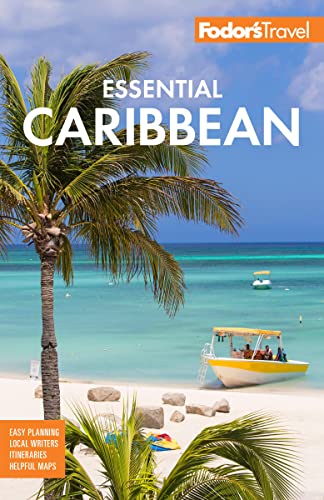Travel Restrictions for U.S. Citizens
The August 2015 reopening of the U.S. Embassy in Havana brought hope that Cuba could once again be fully accessible to U.S. visitors and that the half-century trade embargo against the island might be lifted. Indeed, some longtime travel restrictions have been eased, with “some” being the operative term. At this writing, the embargo remains in place for the foreseeable future. Lifting it fully would require an act of Congress, no small feat for a contentious issue in today’s politically charged U.S. capital. Until such time Americans still face legal constraints for travel to Cuba.
The U.S. Department of the Treasury's Office of Foreign Assets Control (OFAC) oversees rules for Cuba visits by Americans. Technically, it's not illegal for Americans to travel to Cuba; what is restricted is spending money in the country, hence the Treasury Department’s involvement in the matter. (Proving you went to Cuba and spent no money would be a nearly insurmountable task.) Presently, OFAC authorizes several categories of travel to Cuba, including family visits, humanitarian missions, journalism, religious activities, educational activities, government business, athletic competitions, artistic performances, and professional research. OFAC no longer issues specific licenses for each category of travel, but rather one general license, so long as the reason for your visit falls within the approved categories. There’s a certain degree of being on the honor system when making such trips, but your motives are always subject to scrutiny when you return home.
Note that routine, independent tourism is not among the approved reasons for travel to Cuba—yet. OFAC does authorize guided people-to-people tours whose focus is cultural exchange. You will not get to sunbathe on the island’s famed beaches; you will meet Cubans working in art, education, and agriculture. Such excursions win accolades among visitors for providing a deeper insight into Cuba than a stay at a beach resort could ever offer.
All the above aside, many U.S. citizens do visit Cuba on their own by flying through third countries: Canada, Mexico, and the Bahamas are the most common gateways, with Costa Rica, Panama, El Salvador, and Jamaica next. Third-country tour operators and travel agents arrange such trips. Such travelers enter Cuba on tourist cards, which they purchase from their airline or travel agent. Cuban officials stamp all passports upon entry and exit. There is no concealing any travel to the country. Although few people have been prosecuted for violating the restrictions, there are stiff penalties (up to $250,000) on the books for unauthorized travel to Cuba.
Information
U.S. Department of the Treasury, Office of Foreign Assets Control. 202/622–2480; www.treas.gov/ofac.
U.S. State Department. travel.state.gov.




